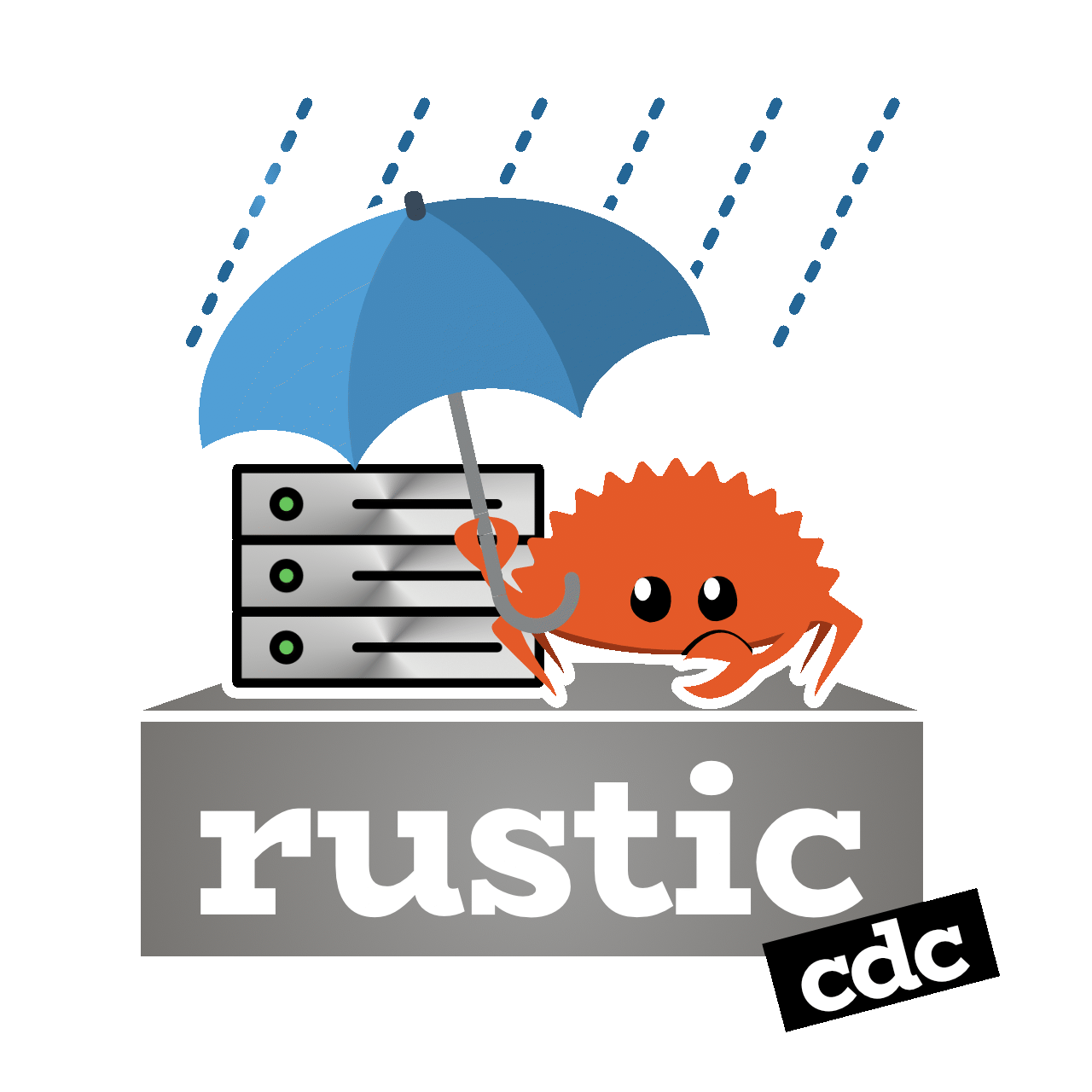Library for fast, encrypted, and deduplicated backups
A library for performing Content-Defined Chunking (CDC) on data streams. Implemented using generic iterators, very easy to use.
let reader: BufReader<File> = BufReader::new(file);
let byte_iter = reader.bytes().map(|b| b.unwrap());
// Finds and iterates on the separators.
for separator in SeparatorIter::new(byte_iter) {
println!("Index: {}, hash: {:016x}", separator.index, separator.hash);
}Each module is documented via an example which you can find in the examples/
folder.
To run them, use a command like:
cargo run --example separator --releaseNote: Some examples are looking for a file named myLargeFile.bin which I
didn't upload to Github. Please use your own files for testing.
From low level to high level:
-
A
RollingHash64trait, for rolling hash with a 64 bits hash value. -
Rabin64, an implementation of the Rabin Fingerprint rolling hash with a 64 bits hash value. -
Separator, a struct which describes a place in a data stream identified as a separator. -
SeparatorIter, an adaptor which takes anIterator<Item=u8>as input and which enumerates all the separators found. -
Chunk, a struct which describes a piece of the data stream (index and size). -
ChunkIter, an adaptor which takes anIterator<Item=Separator>as input and which enumerates chunks.
-
The library is not cutting any files, it only provides information on how to do it.
-
You can change the default window size used by
Rabin64, and how theSeparatorIteris choosing the separator. -
The design of this crate may be subject to changes sometime in the future. I am waiting for some features of
Rustto mature up, specially theimpl Traitfeature.
There is a huge difference between the debug build and the release build in
terms of performance. Remember that when you test the lib, use
cargo run --release.
I may try to improve the performance of the lib at some point, but for now it is good enough for most usages.
This crate's minimum supported rustc version is 1.73.0.
The current policy is that the minimum Rust version required to use this crate
can be increased in minor version updates. For example, if crate 1.0 requires
Rust 1.20.0, then crate 1.0.z for all values of z will also require Rust
1.20.0 or newer. However, crate 1.y for y > 0 may require a newer minimum
version of Rust.
In general, this crate will be conservative with respect to the minimum supported version of Rust.
This project is based on the awesome cdc crate by Vincent Cantin.
Coded with ❤️ , licensed under the terms of the MIT license.




